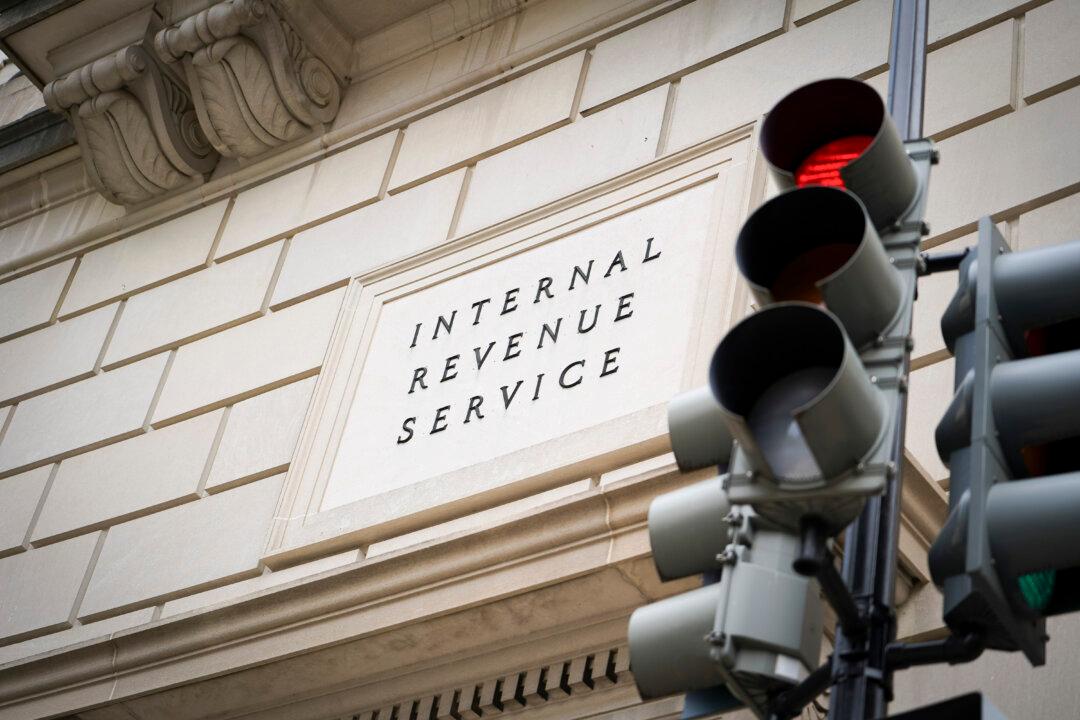The Internal Revenue Service (IRS) has warned about a looming deadline for people to claim a pandemic-era tax break they may have missed, potentially entitling them to unclaimed COVID cash.
The IRS said in a March 4 announcement that some eligible individuals didn’t end up collecting economic impact payments—also known as stimulus payments or stimulus checks—that were issued in 2020 and 2021.





